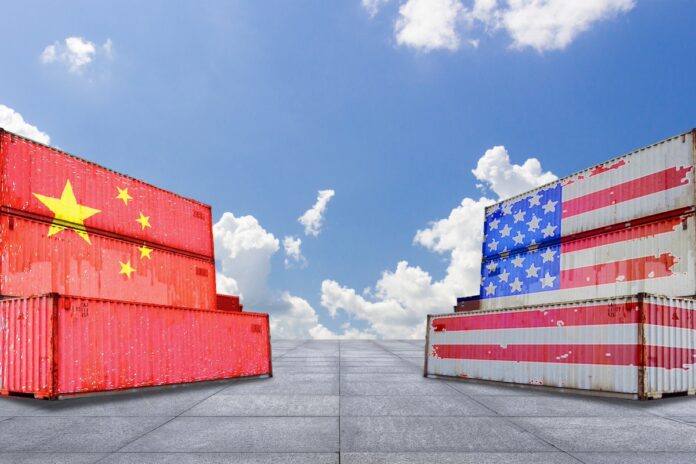
Varun Mourya
Asian Markets Plunge After Trump’s Tariff Hike, But Chinese Stocks Show Resilience
Asian markets witnessed a sharp decline following former U.S. President Donald Trump’s latest tariff hike, which imposed a massive 54% increase on Chinese imports. The move triggered a widespread sell-off across major stock exchanges, with notable indices in Japan, South Korea, and Hong Kong facing significant losses. However, Chinese stocks remained relatively resilient despite the hefty tariff increase.


Market Performance Overview
- China CHN50 Index: Closed at 13,157, down by 132 points (-0.99%).
- Hang Seng Index (HSI): Slight dip to 23,202.54, losing just 4.31 points (-0.02%).
- Taiwan Weighted Index (TWI): In contrast, posted a minor gain, closing at 21,298.22, up 18.05 points (+0.08%).
- Nikkei 225 (Japan): Experienced a severe decline, dropping by 1,473 points (-4.12%) to settle at 34,252.38.
- KOSDAQ (South Korea): Fell by 10.79 points (-1.58%), closing at 674.06.
- KOSDAQ 150: Declined by 21.63 points (-1.91%), closing at 1,108.72.
- KOSPI (South Korea): Dropped by 57.39 points (-2.29%), closing at 2,448.48.
- KOSPI 200: Declined by 8.40 points (-2.50%), closing at 327.86.
- KOSPI 50: Suffered the biggest hit in the Korean market, plunging 60.32 points (-2.58%) to close at 2,277.97.

Chinese Markets Defy the Trend
Despite the sharp tariff increase, Chinese equities showed remarkable resilience, with losses in the CHN50 index remaining relatively moderate compared to other Asian markets. Analysts attribute this stability to Beijing’s strategic market interventions and strong domestic economic policies that have insulated Chinese stocks from extreme volatility.

Global Economic Impact
Trump’s aggressive tariff policy has once again rattled global markets, sparking concerns about further escalations in trade tensions between the U.S. and China. Investors are now closely monitoring potential retaliatory measures from Beijing, which could further destabilize the Asian and global financial landscape.
Financial experts suggest that while short-term volatility is expected, long-term impacts will depend on China’s response and the broader geopolitical climate. The coming weeks are likely to see heightened uncertainty in global trade and investment flows.



